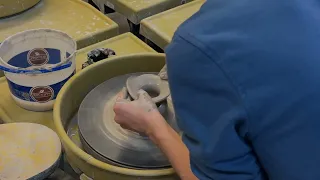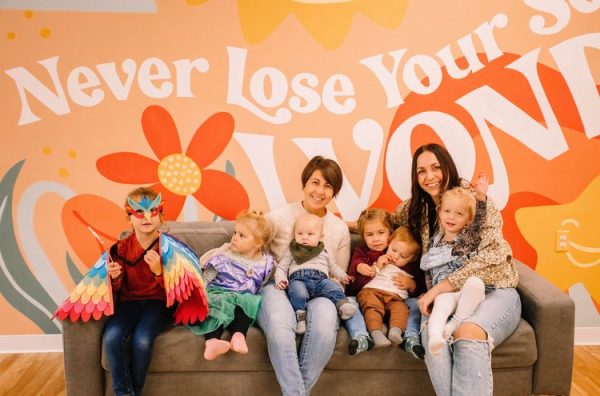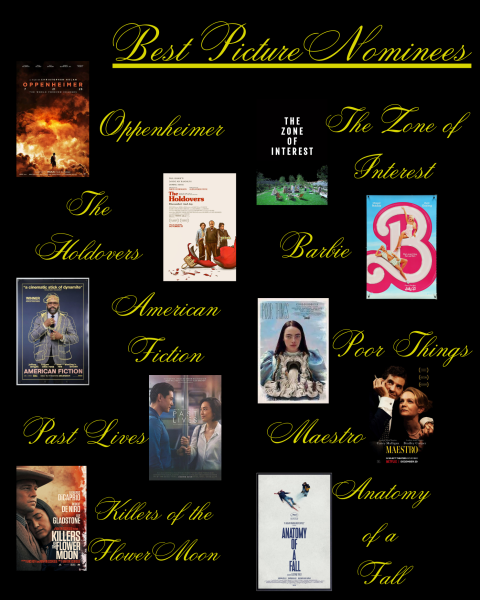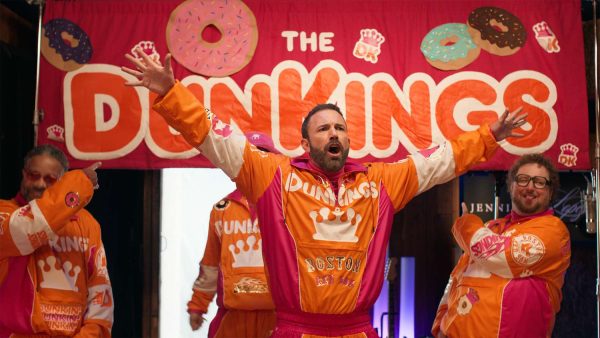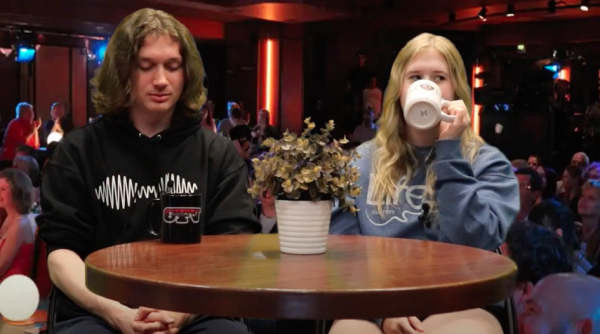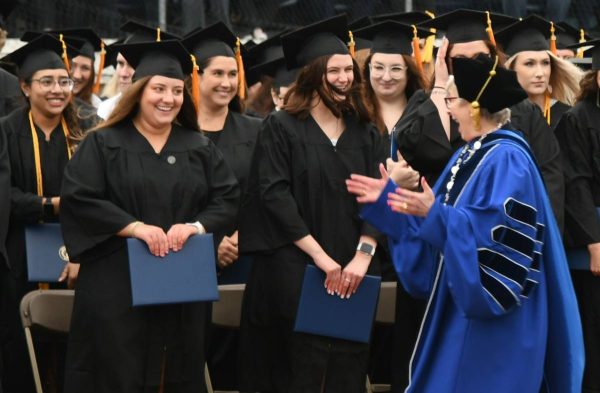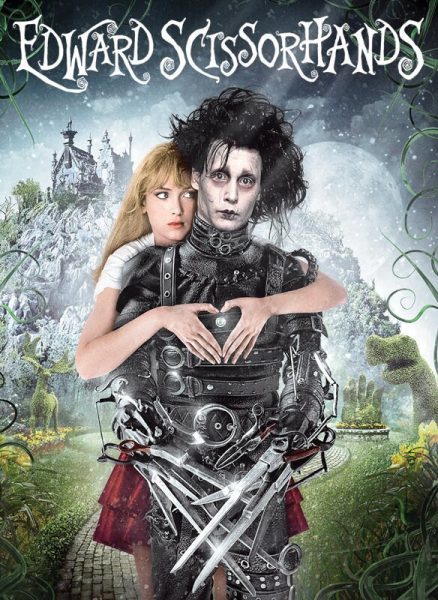The Ugly Side of TikTok
What’s REALLY going down on the app thats sweeping the nation?
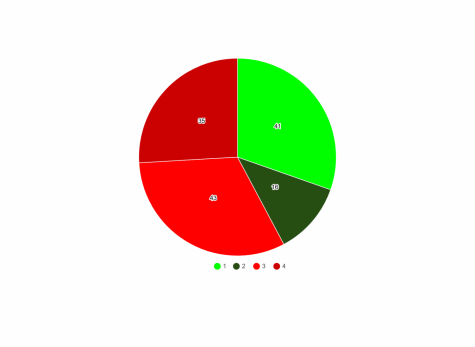
Do you believe that COVID-19 is a hoax? That the government is controlling the weather? Well, plenty of posts on TikTok seem to, and they’re spreading misinformation like this throughout the teenage population. Although the app is a great app to enjoy recreationally, there are serious issues with the app that are going unspoken.
The issue with TikTok begins with its addictive nature. According to a survey, 77% of students at Fond du Lac High School have TikTok. Out of that 77%, 67% of students said the app causes them to procrastinate and 69% of students said they feel addicted to the app.
“I was on TikTok so much that my mom had to limit my screen time on the app,” sophomore Marianna Leventhal says.
Psychologically, TikTok plays off of your brain’s need for dopamine. Dopamine is a neurotransmitter that involves rewards, motivation, and allows us to feel pleasure. In other words, dopamine is released in your brain when you anticipate a reward, or something that will make us feel good. Having the ability to scroll through TikTok and receive dopamine through 15 second videos trains our brains to think that it’s realistic to experience dopamine that frequently. It’s not, and it causes TikTok to have an addictive nature for those who want to get a quick burst of dopamine. This causes procrastination, and unhealthy habits.
“A lot of the time, I’ll use TikTok to not do my homework” senior Megan Henker said.
TikTok’s addictive nature only scratches the surface of its negative effects on mental health. The double edged sword of TikTok is the fact that anyone can post, and the algorithm makes it very possible for anyone’s video to blow up with attention. TikTok’s algorithm sends every person’s video to a set amount of people. Depending on the interaction from these viewers (watch time, likes, comments), TikTok will send the video to the next batch, and so on. The amount of people in each batch grows exponentially each time, which allows anyone’s video to have a fair shot at blowing up.
This has positive effects, such as music artists who can get their music out on a platform, or raising awareness about certain topics. On the flip side, it can cause the spread of incorrect and misleading information. For example, users on TikTok will make videos that inaccurately portray mental health, which causes inaccurate diagnosis of serious mental illnesses. Another common example is videos that inaccurately portray relationships, causing the viewer to question their own relationships. For example, a user will post a video in a joking format about specific issues in their relationship and proceed to tell other people what they should do if they’re in a similar situation. The comments section will be full of people agreeing and saying the same things. This causes the viewer to compare their situation to another situation, even though there are countless different factors that go into each situation that are unaccounted for.
However, TikTok claims to have taken action. According to a transparency report on the TikTok website, TikTok removed over 340,000 videos for election misinformation during the presidential election. “During the election, I saw countless videos with misinformation on TikTok,” senior Brianna Krahn said. This concept has been an issue on other social media platforms such as Instagram and Snapchat, and it’s no different with TikTok.
As TikTok has taken over the younger generation, it’s important to be careful. According to The Verge, a new study shows that children ages four to fifteen years old are spending an average of 80 minutes a day on TikTok.
You’ll just be in this pleasurable dopamine state, carried away. It’s almost hypnotic, you’ll keep watching and watching
— Dr. Julie Albright
“You’ll just be in this pleasurable dopamine state, carried away. It’s almost hypnotic, you’ll keep watching and watching,” USC professor and author Dr. Julie Albright said. The app can be great to enjoy, but it’s important to maintain healthy work habits and avoid addiction.

Zachary is a senior, and it's his first year as a journalist. Zachary loves to sing and write music in his free...


